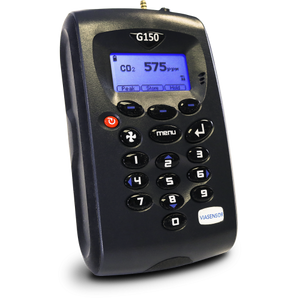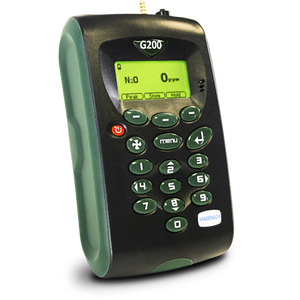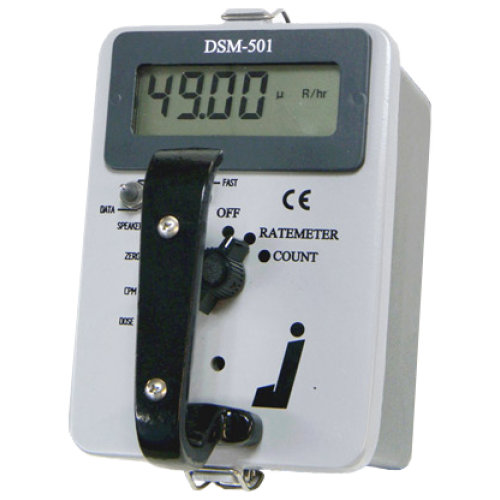Send Inquiry For More Info
Radiation detection
While some radioactive material is easily detectable through visual inspection because of their silver color and metallic appearance, some radioactive materials may exist in different forms. They can differ in their color and may even exist as liquids or gasses. This makes it impossible to distinguish them from non-radioactive materials simply through the use of one’s senses. That is why, there are specialized devices for radiation detection.
Radiation detectors are instruments used to detect, measure, and quantify the presence of ionizing radiation in various environments. Ionizing radiation includes particles and electromagnetic waves with enough energy to ionize atoms by removing electrons from their orbits, potentially leading to biological and chemical changes.
Radiation Detectors at Diamond Scientific
Radiation detectors are critical for ensuring the safety of workers, patients, and the public in environments where ionizing radiation may be present. They provide valuable information about radiation levels and assist in the prevention of overexposure to minimize health risks.
That is why, we offer a highly accurate and reliable handheld radiation survey meter, DSM-501 Digital Micro-R Meter. It is a compact and portable device used to measure and monitor levels of radioactive material. The probe of this device is an internal tissue equivalent plastic scintillator.
FAQ
In order to detect radiation, it is crucial to use a radiation detection monitor. These instruments and systems can function as real-time monitors of radiation levels and provide early warnings. There are different types of radiation detection systems such as spectroscopic area monitors, personal radiation detectors, radiation detection backpacks, handheld radiation isotope identifiers and others. Based on the setting and its requirements, different types of radiation detectors can be used.
Radiation detection involves devices like Geiger-Müller counters or scintillation detectors. These instruments measure ionizing radiation by detecting the particles or photons emitted. When radiation interacts with the detector’s material, it generates electrical signals or light flashes, which are then converted into counts or energy measurements, revealing radiation presence and intensity.
Ionizing radiation poses a significant threat to healthcare workers and patients. That is why, it is crucial to detect the levels of ionizing materials in hospitals. This is achieved by using radiation area meters which are placed at strategic locations in hospitals. Additionally, healthcare workers are required to use personal dosimeters.



